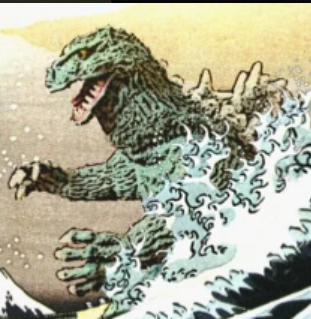I’ve lived in China now for almost a month, and when walking about you will see many political slogans plastered everywhere including stuff about socialist construction and great rejuvenation. The thing I see the most however is the ‘socialist core values’ which list the following:
富强、民主、文明、和谐 prosperity, democracy, civility, harmony 自由、平等、公正、法治 freedom, equality, justice, the rule of law 爱国、敬业、诚信、友善 patriotism, dedication, integrity, friendship
I always found these a bit weird and I don’t really understand their purpose and I also don’t quite see why they should be plastered everywhere. I have some ideas but I would like to hear all of your guys’ opinions.
Btw, I don’t need a vpn to access lemmygrad funnily enough
The one thing that stood out to me was patriotism at first. Just cuz I hate patriots and nationalists here in the west. But in a socialist country being a patriot makes way more sense out the gate. So all in all, I’m digging these values. Does anyone know who formulated them?
A socialist is more of a patriot than a nationalist
Well said! The only ones who actually care about the people are us.
China has such a strong nationalist element that if the CPC decided to spurn nationalism entirely there would absolutely be political turmoil, it’s a problem in some aspects but largely its managed, it’s the imperfect nature of running a country.
I don’t quite understand what the problem is here. What exactly is wrong/weird about this? The purpose, as you have stated yourself, is to promote socialist values.
Definitely better than god, homeland, family. And freedom, more recently.
If you study Chinese culture and history these become much less weird, they are the 12 pillars of historical, cultural, political and ideological narrative currents popular in China for thousands of years, some new and modern, others ancient. China Today has an excellent write up on the topic I think and suggests a great book on the topic that deep dives into why these words we chosen:
http://www.chinatoday.com.cn/ctenglish/2018/br/201803/t20180308_800120759.html
As for why it is plastered everywhere, that’s how propaganda works, in every country of every ideology in the history of the world. Especially now, with so many different interconnected methods of information dissemination its crucial to be spreading a unified message about the goals, dreams, and aspirations of the national peoples.
The reason you don’t need a VPN to access Lemmygrad is because, as we all know, the CPC are tankies just like us.
That, and it would be harder to pay us our Xibucks if they couldn’t see our work.
Of course you don’t need a VPN. As if Xi isn’t going to put his favourite websites on the allow list.
i mean it’s just political propaganda stuff, it’s good propaganda tho lol
You don’t need a vpn for smaller sites in China, whether they’re revolutionary or reactionary.
Yeah, Afaik, its more of a blocklist rather than an allowlist system. So not really an iron curtain like western media portrays the great firewall to be like.
What’s problematic about any of those?
Succint and to the point, what’s wrong with it
In the future, if you want to know more about a certain phrase or topic, and the hand-wavy explanations on the web don’t do it for you: You can add 导读, which will guide you through the terms and their meaning, often by giving practical examples. Here is a rather succinct explanation of every social value.
Also, feel free to add me on WeChat: weilanxiansheng










